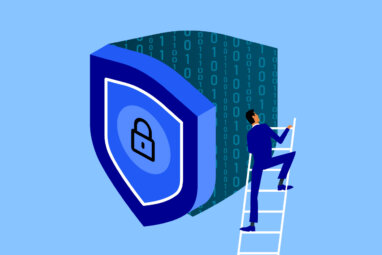The Sources of Resilience
Findings from the largest global study of resilience and engagement from the ADP Research Institute.
Topics

We’re all suffering through difficult times that we did not anticipate and challenges that we were not prepared for. In the face of all that’s going on in the world, how do we survive? How do we push through the muck of current events and continue showing up for the people who need us most?
The answer to many of these questions lies in our capacity for resilience: the ability to bend in the face of a challenge and then bounce back. It is a reactive human condition that enables you to keep moving through life. Many of us live under the assumption that a healthy life is one in which we’re successfully balancing work, parenting, chores, hobbies, and relationships. But balance is a poor metaphor for health. Life is about motion. Life is movement. Everything healthy in nature is in motion. Thus, resilience describes our ability to continue moving, despite whatever life throws in our path. The question for us, of course, is what causes us to be able to bounce back and keep moving, what ingredients in our lives give us this strength, and how do we access them?
Some aspects of resilience are trait-based; that is, some people will naturally have more resilience than others. (You only need to have two children to know the truth of this.) In this sense, resilience is like happiness: It appears that each of us has our own set point. If you have a high happiness set point, your happiness may wane and dip on bad days, but you will generally be happier than someone with a lower set point. Similarly, each person has his or her own resilience set point. If yours is relatively low, you will have a harder time bouncing back from challenges than, say, Aron Ralston, who got trapped while hiking in Utah and famously amputated his own arm to free himself.
How can you create for yourself — and for those you love and lead — a greater capacity for resilience, regardless of your initial set point? To answer this question, my team at the ADP Research Institute conducted three separate studies.
The first study experimented with many different sets of statements and asked respondents to rate how strongly they agreed or disagreed with each one.
References (1)
1. K.D. Olson, “Physician Burnout — A Leading Indicator of Health System Performance?” Mayo Clinic Proceedings 92, no. 11 (November 2017): 1608-1611.





Comments (2)
Chris Prusiecki
Chris Prusiecki